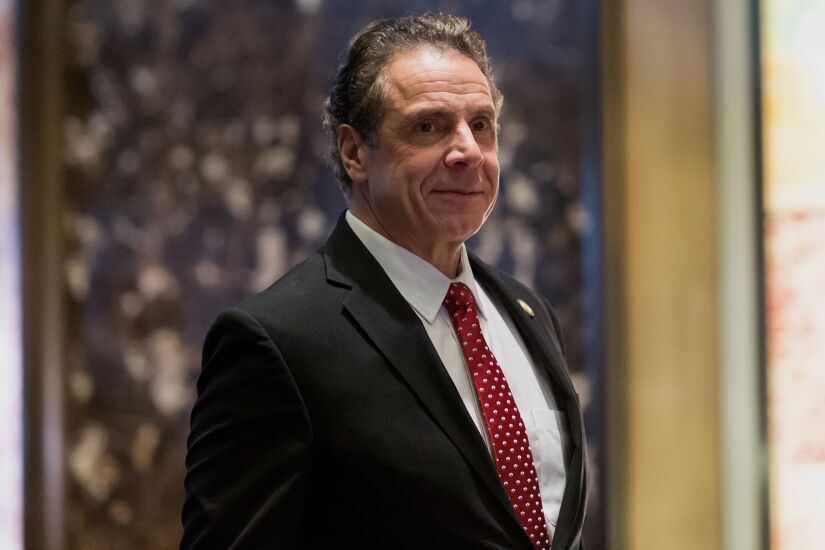With a presidential election looming and trade issues top of mind, bankers could almost forget that a new year also means a host of local proposals that might help — or hurt — large swaths of the industry.
But national and state banking groups said they have a number of state-level issues in their sights: consumer data privacy protections, rent control and prize-linked savings to name a few.
In some cases, they’re eyeing measures aimed at improving access to financial services or affordable housing. In other cases, they may be concerned with proposals included in governors’ budgets. And in still other cases, they may be watching other states take their cues from California when it comes to data privacy or other consumer matters.
Here is a look at a half-dozen of the state-level issues bankers are watching this year.











